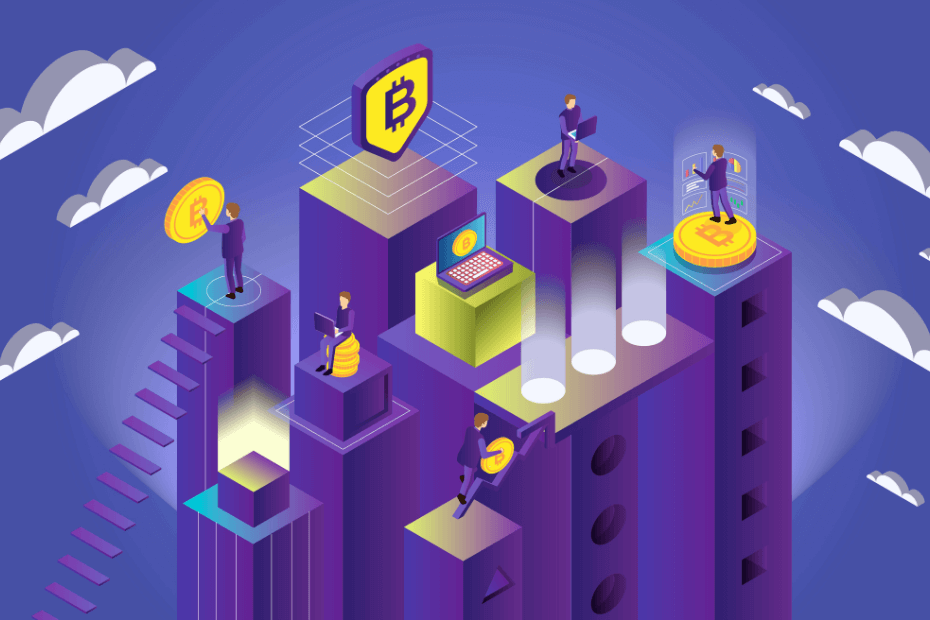So you want to get started with Blockchain? Or maybe you are an expert looking to expand your expertise and make more money or find new job opportunities in the process? Either way, we’ve compiled a list of everything you need to know about blockchain development in this handy cheat sheet so that you can quickly and easily read through it and get back to coding! We’ll cover the technology itself and some of the most useful applications out there today. So sit back, relax, and enjoy! And feel free to download our free e-book, Blockchain Basics, if you want to learn more about the field!
Aspects Related To Blockchain You Shouldn’t Miss Out
Blockchain software development company is one of those aspects that every person should consider developing their business and keep it safe from fraud and other cybercrime. As a result, blockchain development companies can be enlisted as service providers for many organizations to develop efficient software that increases productivity and efficiency. Blockchain development companies are equipped with an excellent team with profound knowledge of blockchain technologies.
What Is Blockchain Technology?
The crypto market is often tied to blockchain technology. But what is blockchain technology, anyway? A blockchain is a continuously growing list of records, called blocks, linked and secured using cryptography. Each block typically contains a hash pointer as a link to a previous block, timestamp, and transaction data. By design, blockchains are inherently resistant to modification of the data — once recorded, it cannot be altered retroactively without changing all subsequent blocks, causing a discrepancy in the chain.
Also Read: How To Grow Your Startup With Blockchain In 2022?
Cryptocurrency:
Cryptocurrency is a digital or virtual currency that uses cryptography for security. A cryptocurrency is difficult to counterfeit because of this security feature. A defining feature of a cryptocurrency, and arguably its most endearing allure, is its organic nature; it is not issued by any central authority, rendering it theoretically immune to government interference or manipulation.
Bitcoin:
Bitcoin is digital money or cryptocurrency that uses peer-to-peer technology to facilitate instant payments. It was introduced in 2009 and is operated by a decentralized authority, unlike government-issued currencies. Bitcoin has emerged as one of the most popular cryptocurrencies to date. The Bitcoin blockchain is a public ledger that records transactions; thus, users can track their purchases, sales, and transfers with specific bitcoin addresses. However, anonymity is not guaranteed because network nodes verify all purchases before being stored on Blockchain.
Ethereum:
Ethereum is an open-source software platform that enables developers to build and deploy decentralized applications (DApps). ETH, a cryptocurrency, supports it. DApps built on Ethereum are called smart contracts, since they automatically execute functions on their own when specific requirements are met. These apps run precisely as programmed without any possibility of censorship, downtime, fraud, or third-party interference. Blockchain development companies hire blockchain developers from companies such as Global Blockchain Technologies Corp to implement Ethereum smart contracts in your organization.



